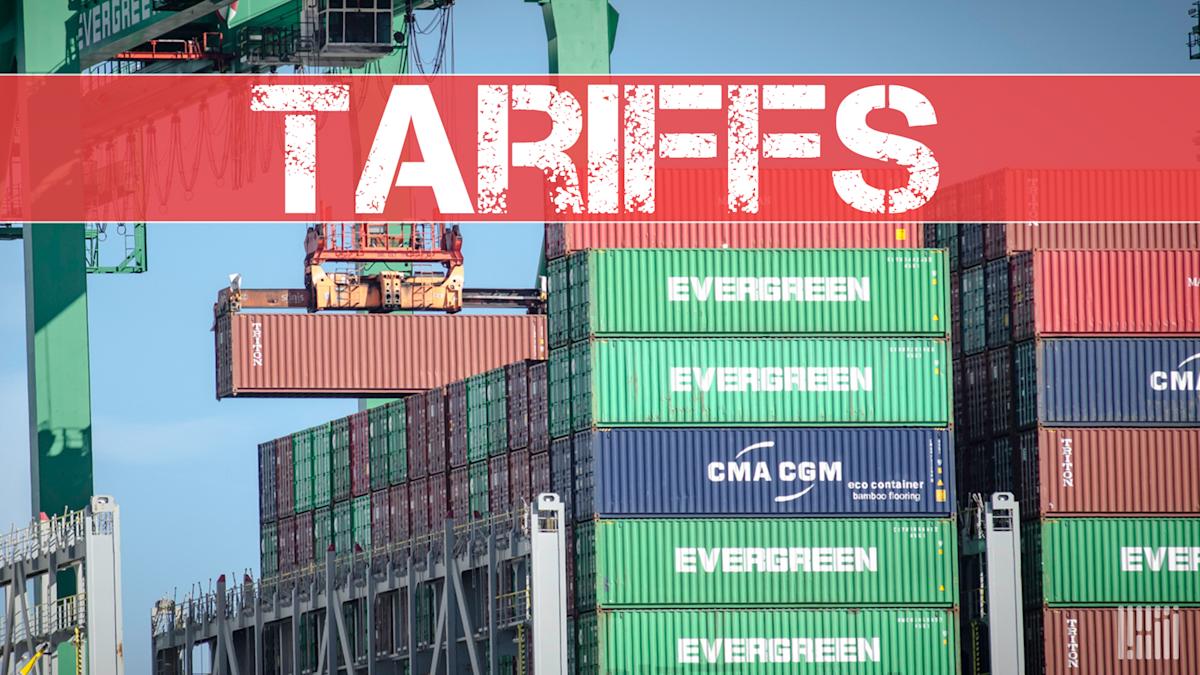Senate rejection of Trump’s tariffs stirs North American trade debate
The Senate’s bipartisan vote to repeal President Donald Trump’s “reciprocal” global tariff policy highlights growing pushback against tariffs that have strained trade relations with Mexico, China and Canada.
While four Republican senators joined Democrats to pass the measure 51–47, the future of U.S. trade relations with its North American neighbors remains entangled in tariff disputes and upcoming reviews of the United States–Mexico–Canada Agreement (USMCA).
Despite the vote in the Senate, the House of Representatives is unlikely to take any similar action. Yet Thursday’s vote underscores growing bipartisan frustration with policies seen as destabilizing for many U.S. farmers and manufacturers.
“For the third day in a row, bipartisan senators have made it clear that it’s time to put a stake in the heart of Donald Trump’s job-killing trade taxes,” Sen. Ron Wyden (D-Ore.), author of the resolution, said in a news release.
In Mexico, President Claudia Sheinbaum said the Trump administration’s tariffs were partially responsible for the country’s 0.3% GDP contraction in the third quarter — its first annual decline since 2021, according to The CEO.
Mexico’s industrial output fell nearly 3% year over year, with automakers and steel producers hardest hit.
“The contraction is mainly due to the delayed impact of the tariff policy imposed by the United States,” Sheinbaum said during her morning press briefing, adding that the downturn would likely be temporary as public and private investments increase later this year.
Despite economic pressure, Mexican officials and U.S. Trade Representative Jamieson Greer agreed this week to extend trade talks aimed at preventing new duties on automobiles, steel, aluminum and copper, according to Infobae.
The discussions, held alongside the APEC summit in South Korea, are intended to smooth over frictions ahead of the 2026 USMCA review. Both governments also agreed to delay implementation of several U.S. tariffs until at least February, providing temporary relief for industries on both sides of the border.
Mexico’s Secretary of Economy Marcelo Ebrard described the move as a “cooling-off period” to maintain competitiveness and avoid “further disruption to integrated North American supply chains.”
Still, targeted tariffs remain in place, and analysts warn that sustained uncertainty could discourage manufacturing investment in northern Mexico — a key hub for auto and electronics exports tied to the U.S. market.
North of the border, Prime Minister Mark Carney met with Chinese President Xi Jinping to address what both leaders called “irritants” in their relationship — including Chinese duties on Canadian canola, pork and seafood, according to the CBC.



Leave a Comment
Your email address will not be published. Required fields are marked *